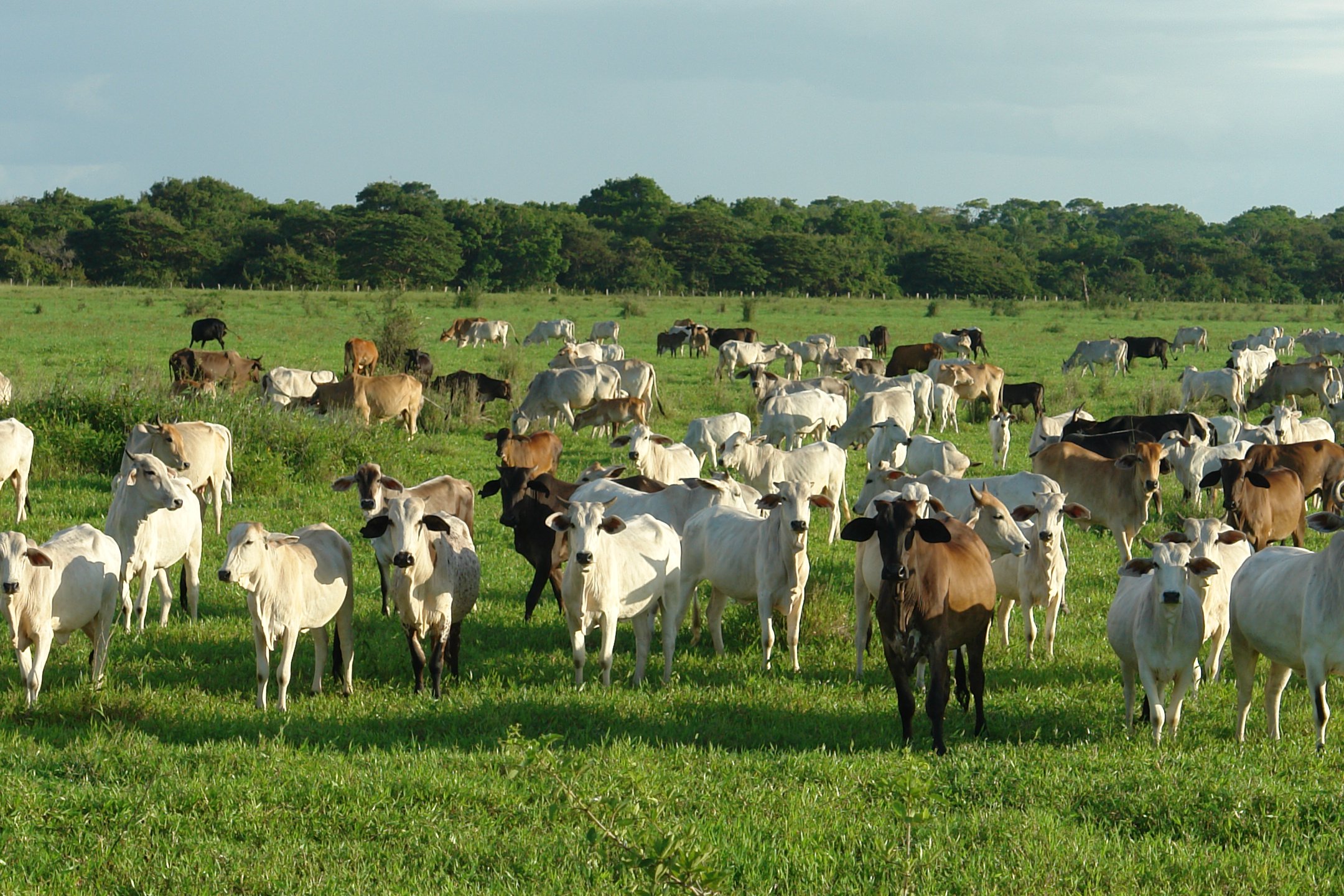1
The Word of Yahweh that came to Joel, the son of Pethuel.
2
Hear this, you elders, And listen, all you inhabitants of the land. Has this ever happened in your days, or in the days of your fathers?
3
Tell your children about it, and have your children Tell their children, and their children, another generation.
4
What the swarming locust has left, the great locust has eaten. What the great locust has left, the grasshopper has eaten. What the grasshopper has left, the caterpillar has eaten.
5
Wake up, you drunkards, and weep! Wail, all you drinkers of wine, because of the sweet wine; for it is cut off from your mouth.
6
For a nation has come up on my land, strong, and without number. His teeth are the teeth of a lion, and he has the fangs of a lioness.
7
He has laid my vine waste, and stripped my fig tree. He has stripped its bark, and thrown it away. Its branches are made white.
8
Mourn like a virgin dressed in sackcloth for the husband of her youth!
9
The meal offering and the drink offering are cut off from Yahweh's house. The priests, Yahweh's ministers, mourn.
10
The field is laid waste. The land mourns, for the grain is destroyed, The new wine has dried up, and the oil languishes.
11
Be confounded, you farmers! Wail, you vineyard keepers; for the wheat and for the barley; for the harvest of the field has perished.
12
The vine has dried up, and the fig tree withered; the pomegranate tree, the palm tree also, and the apple tree, even all of the trees of the field are withered; for joy has withered away from the sons of men.
13
Put on sackcloth and mourn, you priests! Wail, you ministers of the altar. Come, lie all night in sackcloth, you ministers of my God, for the meal offering and the drink offering are withheld from your God's house.
14
Sanctify a fast. Call a solemn assembly. Gather the elders, and all the inhabitants of the land, to the house of Yahweh, your God, and cry to Yahweh.
15
Alas for the day! For the day of Yahweh is at hand, and it will come as destruction from the Almighty.
16
Isn't the food cut off before our eyes; joy and gladness from the house of our God?
17
The seeds rot under their clods. The granaries are laid desolate. The barns are broken down, for the grain has withered.
18
How the animals groan! The herds of livestock are perplexed, because they have no pasture. Yes, the flocks of sheep are made desolate.
19
Yahweh, I cry to you, For the fire has devoured the pastures of the wilderness, and the flame has burned all the trees of the field.
20
Yes, the animals of the field pant to you, for the water brooks have dried up, And the fire has devoured the pastures of the wilderness.







